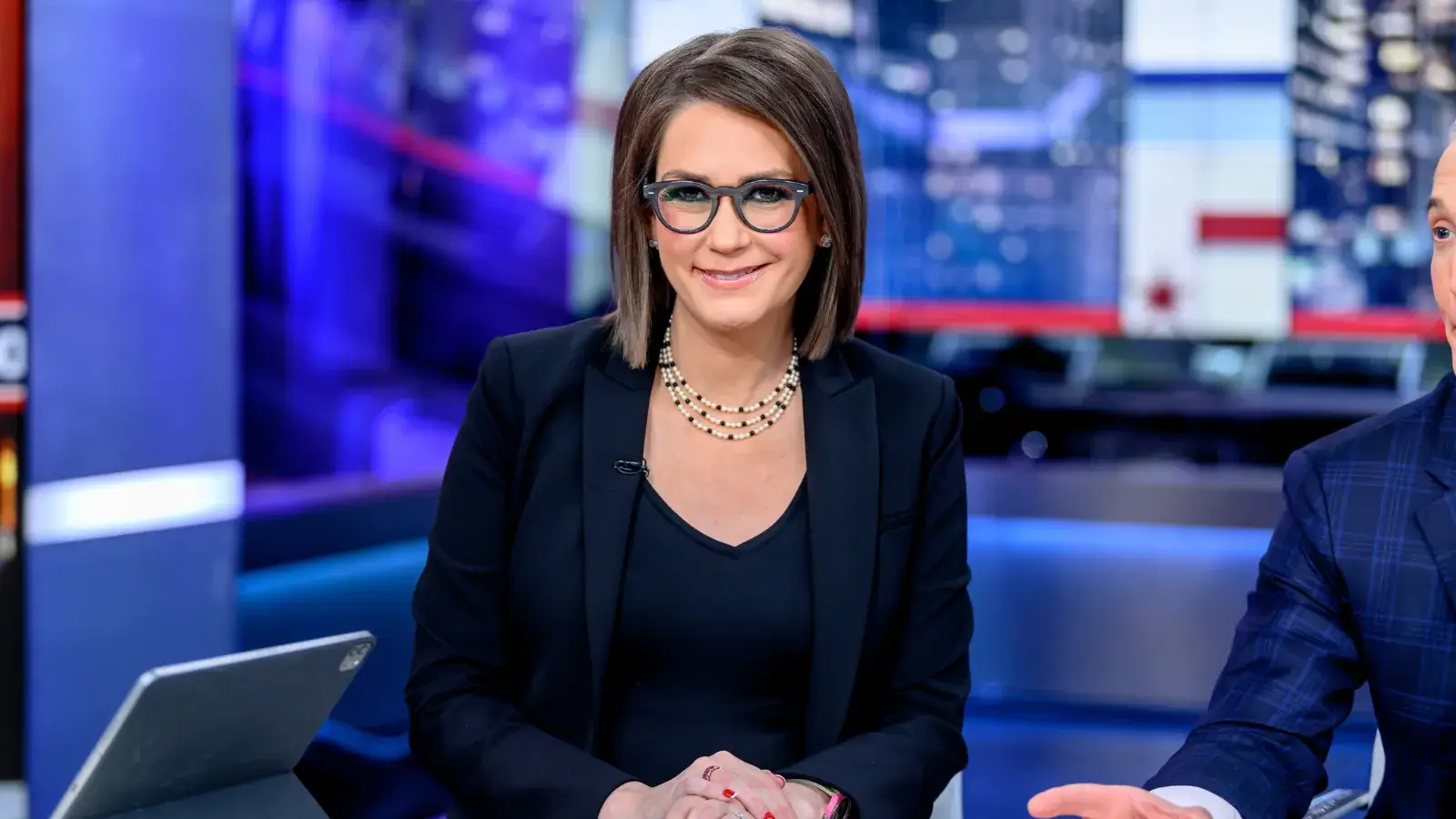John Bolton’s Warning vs Jessica Tarlov’s Bold Take: What’s Next? 🌍📢
The 2025 Political Divide: Two Perspectives 🧭
In 2025, U.S. politics is buzzing with debate, and two voices stand out: John Bolton, the hawkish former national security adviser, and Jessica Tarlov, the sharp-witted Fox News co-host. Their contrasting takes—one on global strategy, the other on domestic messaging—frame a critical question: Can a personality-driven approach deliver lasting wins, or does it risk empowering adversaries and alienating voters? Let’s unpack their arguments and what they mean for the future. 📜
Bolton’s Warning: Strategic Risks Abroad ⚠️
John Bolton, known for his hardline realism, has sounded alarms about U.S. foreign policy moves. He argues that high-stakes, leader-centric summits—like a planned meeting with Russia’s Vladimir Putin—lack the rigorous preparation needed to protect U.S. interests. Without detailed staff work and clear red lines, such talks risk giving Moscow the upper hand. 🔔
Bolton also critiques the administration’s tariff strategy, particularly its heavy penalties on India for buying Russian oil while going lighter on China. He warns this could push India closer to Russia and China, undoing decades of U.S. efforts to build ties with New Delhi. The numbers tell the story: Trump’s tariffs on India hit 26% in July 2025, up from 2.4%, while China faces less pressure despite a larger trade surplus. This misalignment, Bolton says, is a strategic misstep that could weaken U.S. influence in Asia. 📉[](https://www.hindustantimes.com/india-news/donald-trumps-tariffs-could-push-india-closer-to-ex-us-nsa-john-bolton-warns-president-101754717357501.html)[](https://www.hindustantimes.com/india-news/tariffs-on-india-led-to-worst-outcome-for-us-says-former-trump-aide-john-bolton-101754729538161.html)
Tarlov’s Take: Domestic Narrative Challenges 🗣️
On the home front, Jessica Tarlov focuses on the administration’s messaging. She argues that legal battles, recycled culture-war rhetoric, and inconsistent explanations around controversies are eroding credibility. Voters beyond the loyal base—especially swing and soft-partisan audiences—are growing skeptical. Tarlov points out that economic realities, like tariff-driven price hikes, and diplomatic trade-offs are harder to spin when tangible costs hit consumers. Her core message: political narratives must align with verifiable facts to maintain trust. 📊
Case Study: A Manufacturer’s Tariff Struggle 🛠️
Consider an Ohio tools manufacturer caught in the 2025 tariff squeeze. Sourcing components from India and electronics from China, the firm faced cost spikes from India’s 26% tariffs while China’s exemptions created uncertainty. Their response? Shift 20% of Indian sourcing to Vietnam and Mexico, lock in multi-year supplier contracts with tariff clauses, and hedge currency risks. The result: stable margins but higher inventory costs. This mirrors Bolton’s warning about tariff missteps and Tarlov’s emphasis on clear communication—vague “temporary cost” claims led to customer cancellations. 🛒
Media Attention: Bolton vs Tarlov 📈
The debate has captured growing media interest. Below is a bar graph showing monthly media mentions for Bolton and Tarlov from August 2024 to August 2025, reflecting how their voices surged as foreign policy and domestic narratives converged.
Aug ’24
Sep ’24
Oct ’24
Nov ’24
Dec ’24
Jan ’25
Feb ’25
Mar ’25
Apr ’25
May ’25
Jun ’25
Jul ’25
Aug ’25
Aug ’24
Sep ’24
Oct ’24
Nov ’24
Dec ’24
Jan ’25
Feb ’25
Mar ’25
Apr ’25
May ’25
Jun ’25
Jul ’25
Aug ’25
■ John Bolton ■ Jessica Tarlov
What’s Next? Three Key Factors 🔑
The path forward hinges on three elements:
- ✔️ Process Discipline: Summits need thorough prep, clear boundaries, and allied input to avoid lopsided outcomes.
- ✔️ Tariff Design: Policies must balance influence with partnership, avoiding double standards that alienate allies like India.
- ✔️ Narrative Credibility: Messaging must shift from spin to measurable milestones to rebuild trust with skeptical voters.
If the administration nails these, it can mitigate Bolton’s risks and address Tarlov’s concerns. If not, adversaries may gain leverage, and voters may tune out. 🚨
Frequently Asked Questions ❓
What is the core of John Bolton’s warning in the 2025 political debate?
Bolton warns that rushed, leader-only summits and inconsistent tariffs risk gifting leverage to adversaries and alienating key partners, weakening long-term U.S. strategy in ways that short-term optics can’t fix.
How does Jessica Tarlov’s response challenge current narratives?
Tarlov argues that legal realities and economic facts outpace talking points, and that credibility with non-base voters requires consistent, verifiable progress rather than recycled rhetoric.
Why does the Bolton vs Tarlov debate matter for U.S. politics now?
Together, they highlight the interplay between disciplined statecraft and domestic trust: durable foreign policy wins depend on process, and durable political support depends on proof.
What practical lessons emerge from the case study for businesses?
Hedge sourcing across regions, lock in multi-year supply terms with tariff contingencies, and use currency risk management. Communicate changes transparently to sustain customer confidence.
What’s the most effective next step to align policy and narrative?
Anchor future summits to specific, pre-negotiated deliverables, recalibrate tariffs to avoid partner alienation and double standards, and publish trackable milestones to support a clear, credible public message.
🌐 Explore More on Global Market Today
Dive deeper into the latest updates, insights, and expert analysis across our most popular categories.
Stay informed on business, economy, AI, and more – all in one place.
📈 Market
💼 Business
🏛️ Politics
🤖 Artificial Intelligence
🔧 Technology
₿ Cryptocurrency
🌍 Economy
💰 Personal Finance
⚡ Fintech Tools
Hindi Version
